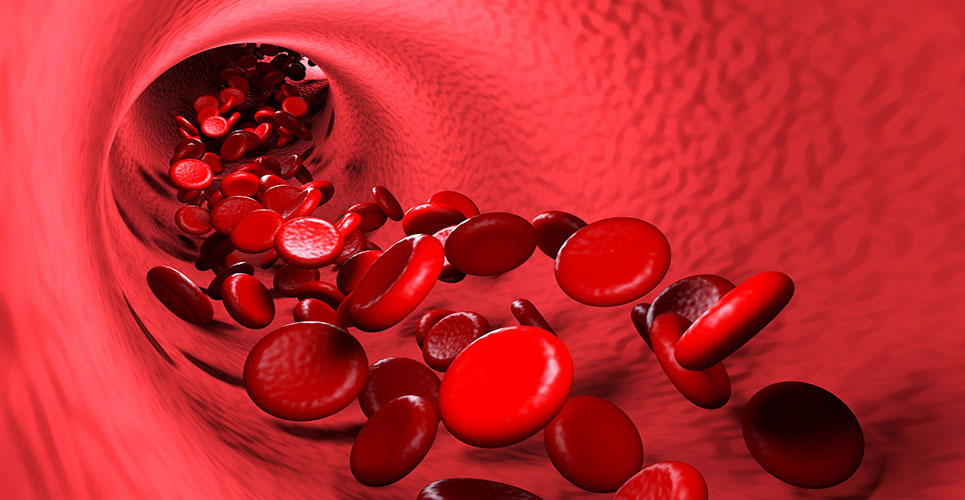teaser
The new-generation cancer drug bevacizumab (Avastin) has been linked to increased risks of deep-vein blood clots, or venous thromboembolism.
The drug works by stopping or slowing the development of new blood vessels and has shown good results against solid cancers such as colorectal, kidney, breast and non-small cell lung cancer (NSCLC).
But there are now fears that it may raise the risk of venous thromboembolism, where a blood clot develops in a deep vein, travels to a vessel near the heart and causes a heart attack or stroke.

Analysis has shown that 11.9% of patients taking Avastin experienced a thromboembolism, 6.3% high grade, while both high and low doses (5 and 2.5 mg per kg per week) were linked to a 31% higher risk.
The research is the work of Dr Shobha Rani Nalluri and colleagues at Stony Brook University in New York, and is published in the November 19 issue of the Journal of the American Medical Association (JAMA).
Co-author Dr Shenhong Wu, also from Stony Brook University, said cancer patients should not be put off taking Avastin, but doctors should be more vigilant about signs of blood clots.
Copyright Press Association 2008

